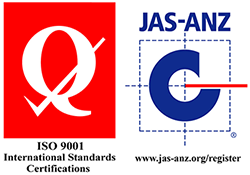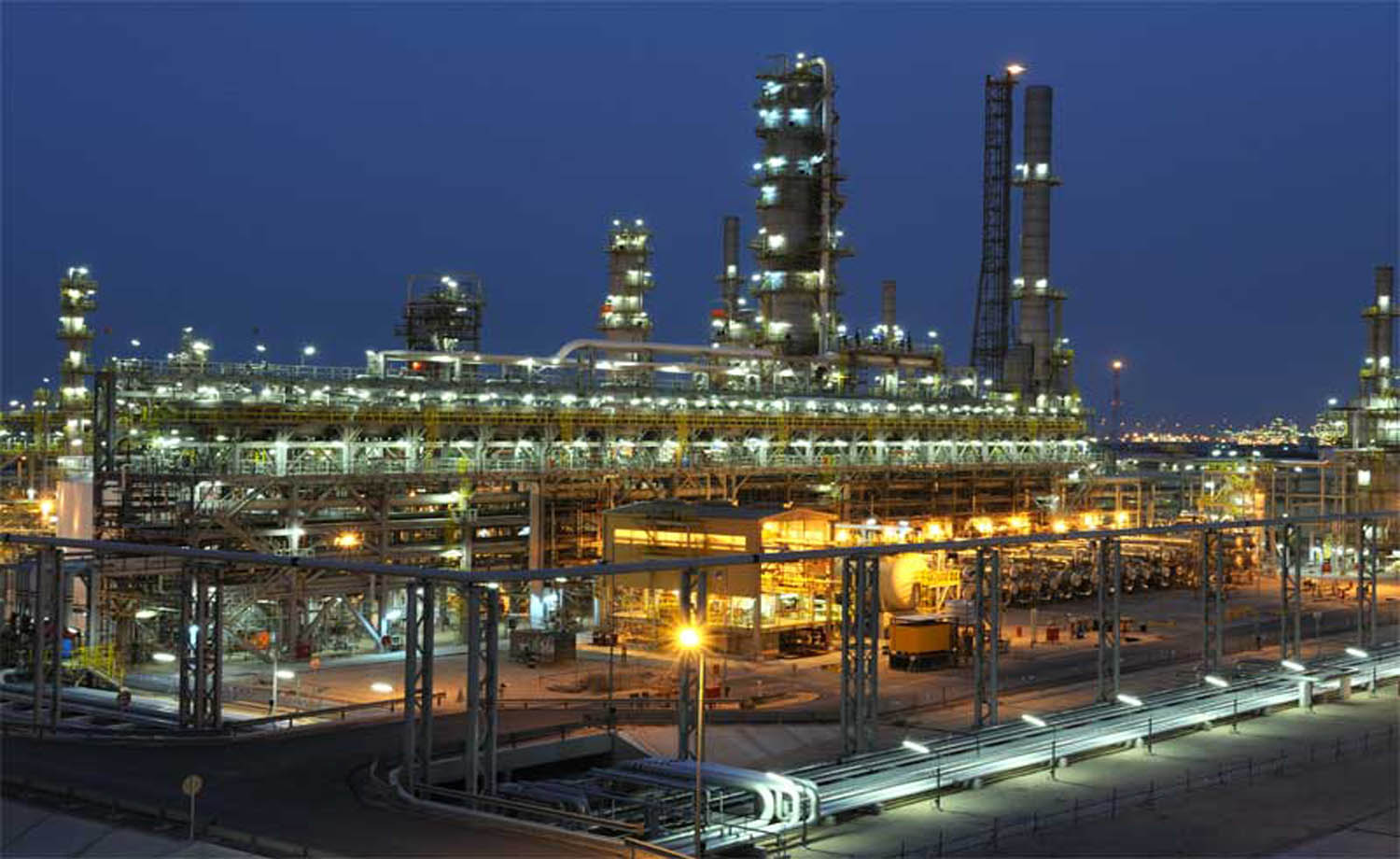API Tank & Piping Inspection
Home » API Tank & Piping Inspection
WE HAVE QUALIFIED PROFESSIONALS CERTIFIED AS PER API -510,570 AND 653 FOR CARRYING OUT THE PRESSURE VESSELS, ABOVE GROUND STORAGE TANKS AND PIPING INSPECTIONS.
American Petroleum Institute (API) is an association that promulgates manufacturing standards for oil and natural gas tanks, piping and equipment. In addition to these standards, API also publishes processes for maintaining equipment and establishes standards for inspections of tanks and piping.
Following API protocols saves money: When the API inspection and maintenance protocols are followed, the facility owner can expect to significantly extend the useful life of the equipment.
An API inspection can prevent catastrophic failures and oil spills: In this economy, many facility owners are forced to operate outdated and aging equipment. A proper API inspection will identify areas of concern and recommend a course of treatment & repair.

API -510
The ASME Section VIII pressure vessel code covers design and fabrication of new equipment. Once a vessel is installed and placed into service, it no longer governs. The American Petroleum Institute (API) 510 code addresses vessels after that are in service. It covers inspections of vessels, including what types of testing should be done, and how often. It includes guidance on evaluation of corroded, pitted, or damaged areas. The code also covers repairs, re-ratings, and alterations of vessels. Inspection information and thickness measurements can be used to determine corrosion rates and expected remaining life of vessels.
API -570
The API 570 Piping Inspection, designed by the American Petroleum Institute, covers the inspection, repair, alteration, and rerating procedures for all in-service metallic or fiberglass-reinforced plastic piping systems.
The API 570 Piping Inspection dives into several pieces and substances within piping systems:
Process fluids
Hydrocarbons
Chemical products
Natural gas
High-pressure gasses
Other flammable or toxic fluids or gasses
While this code was initially created to incorporate just petroleum and chemical industries, it now includes any industry that uses a piping system to transport/transfer any potentially hazardous liquid or gaseous substance.
API-653
Aboveground storage tanks that are built to American Petroleum Institute (API) 650 standard are required to have periodic API 653 inspections. For inspection and repair, API 653 is based on the principles of API 650, but it may be applied to any steel tank constructed to a tank specification. In some instances, state or local statutes may require more stringent requirements. Knowledge of such regulations is necessary to ensure compliance with scheduling and inspection requirements.
An API 653 inspection applies to the foundation, bottom, shell, structure, roof, attached appurtenances, and nozzles to the face of the first flange first threaded joint or first welding-end connection from the tank.
REPLICA TESTING
When a destructive examination of static equipment, piping, etc. cannot be performed, the replica technique offers an interesting solution to perform a metallographic examination in situ.
Replica investigation is a technique to make a print of the material’s microstructure of a prepared surface. To perform this technique the material to be investigated does not need to be removed and stays intact, in contrast to a “normal” metallographic examination. Replica investigation is the most appropriate inspection technique to follow up creep (changes in structure).
Preparation is done by removing the coating or paint layer over a surface of about 10 x 10cm. Thereafter the surface is treated by grinding and polishing until a mirror finish. To visualize the microstructure the material is etched (depending on the material type different chemicals are used). By means of acetate foil and acetone a replica (negative) is made of the prepared surface. Finally this print is studied in the laboratory.




